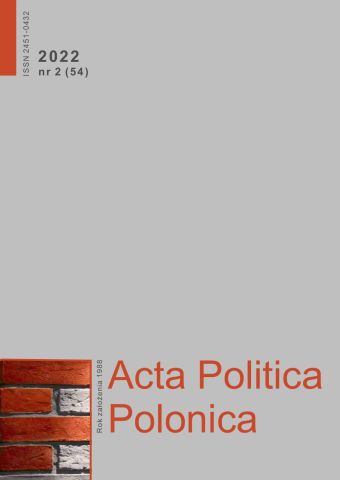Główne determinanty migracji zarobkowych Polaków do państw Unii Europejskiej po 2004 roku i ich następstwa
Main Determinants of Poles’ Economic Migration to the European Union Countries after 2004 and Their Consequences
Author(s): Andrzej WojtaszakSubject(s): Politics / Political Sciences, Social Sciences, Economy, National Economy, Civil Society, Sociology, Migration Studies, Geopolitics
Published by: Wydawnictwo Naukowe Uniwersytetu Szczecińskiego
Keywords: labor migrations; European Union; migration and social determinants; consequences of migration
Summary/Abstract: Poland’s accession to the EU in 2004 allowed for free movement citizens and labor migrations. From the beginning of our membership in the EU, labor markets was opened by: Sweden, Ireland, Great Britain, and in 2006: Finland, Greece, Spain, Portugal as well as Italy and the Netherlands. The other member states waited for Poland’s accession to the Schengen Agreement (December 21, 2007). From March 30, 2008, Poles, without personal checks at internal borders, they may cross the borders of the Community. Since 2011, all restrictions for Poles on the labor market in EU countries have been abolished. Poles’ economic migration in the second decade of the 21st century is short-term or long-term (this also applies to residents), the first of them amounted to over 2 million citizens annually. Besides material benefits for migrants, there are also consequences negative, related to the separation of families or limitation of control over the upbringing of the young generations and caring for seniors.
Journal: Acta Politica Polonica
- Issue Year: 2022
- Issue No: 54
- Page Range: 175-186
- Page Count: 12
- Language: Polish

